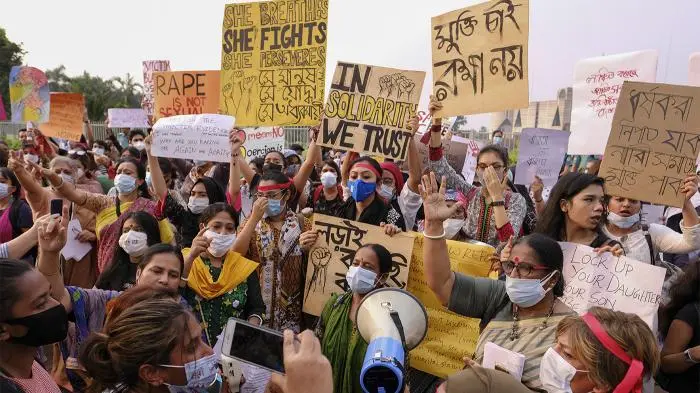Bangladesh has been grappling with a surge in violent protests, resulting in a significant loss of life and sparking widespread concern. At the heart of the issue lies a contentious job quota scheme, which has become a flashpoint for tensions between the government and protesters. In this post, we’ll delve into the underlying causes of the unrest and explore the events that have led to the current crisis.
The Job Quota Scheme: A Long-Standing Point of Contention
The Bangladeshi government’s job quota scheme, which reserves 30% of government jobs for the children of veterans who fought in the 1971 war of independence against Pakistan, has long been a source of frustration for many. Critics argue that this system perpetuates inequality and hinders merit-based appointments, leading to widespread resentment among students and job seekers.
Student-Led Protests: A Call for Change
The recent protests, primarily led by students, demand a merit-based system for government job appointments. Demonstrators are seeking an end to the quota system, which they believe has resulted in unfair advantages for certain groups. The protests have gained momentum, with thousands taking to the streets to voice their discontent.
Government Response: A Step Towards Reform
In response to the protests, the Bangladeshi Supreme Court has scaled back the quota system for government jobs. The court ordered 93% of government jobs to be allocated on a merit-based system, with 5% reserved for children of independence war veterans and 2% for other categories. While this move is seen as a step towards reform, many protesters are demanding a complete overhaul of the system.
The Human Cost: A Nation in Crisis
The unrest has resulted in a significant loss of life, with the death toll currently standing at 151. The situation has also affected neighboring countries, with thousands of Indian nationals returning from Bangladesh. The crisis has sparked widespread concern, with many calling for peaceful resolution and reform.
Conclusion
The current unrest in Bangladesh is a complex issue, rooted in a long-standing point of contention. As the situation continues to unfold, it’s essential to understand the underlying causes and the events that have led to the current crisis. By exploring the root causes and listening to the voices of protesters, we can work towards a more comprehensive understanding of the issue and support a peaceful resolution.










